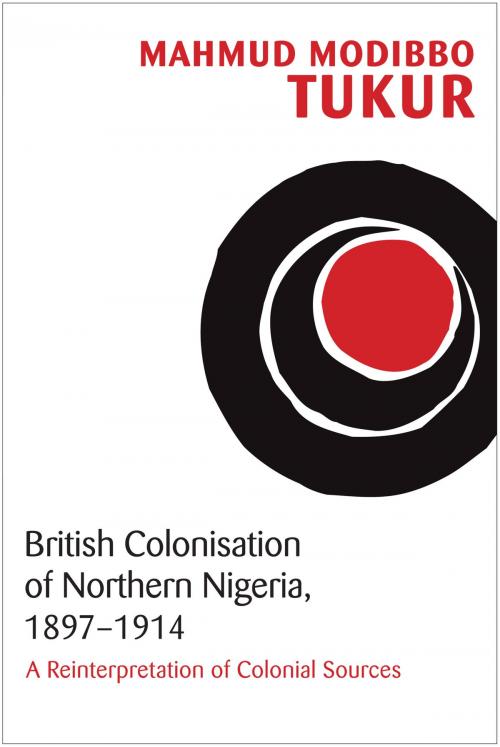British Colonisation of Northern Nigeria, 1897-1914
A Reinterpretation of Colonial Sources
Nonfiction, History, Reference, Historiography, Africa, Social & Cultural Studies, Political Science| Author: | Mahmud Modibbo Tukur | ISBN: | 9782359260489 |
| Publisher: | Amalion | Publication: | August 15, 2016 |
| Imprint: | Amalion | Language: | English |
| Author: | Mahmud Modibbo Tukur |
| ISBN: | 9782359260489 |
| Publisher: | Amalion |
| Publication: | August 15, 2016 |
| Imprint: | Amalion |
| Language: | English |
“In this densely detailed and interpretatively nuanced study, Mahmud Modibbo Tukur lays bare the very foundations of the colonial state in what is now northern Nigeria. This is a must read for anyone wanting to understand the foundations of contemporary Nigeria and how we came to be what we are.” – Prof. Abdul Raufu Mustapha, University of Oxford, UK.
Mahmud Modibbo Tukur’s work challenges fundamental assumptions and conclusions about European colonialism in Africa, especially British colonialism in northern Nigeria. Whereas others have presented the thesis of a welcome reception of the imposition of British colonialism by the people, the study has found physical resistance and tremendous hostility towards that imposition; and, contrary to the “pacification” and minimal violence argued by some scholars, the study has exposed the violent and bloody nature of that occupation. Rather than the single story of “Indirect rule”, or “abolishing slavery” and lifting the burden of precolonial taxation which others have argued, this book has shown that British officials were very much in evidence, imposed numerous and heavier taxes collected with great efficiency and ruthlessness, and ignored the health and welfare of the people in famines and health epidemics which ravaged parts of northern Nigeria during the period. British economic and social policies, such as blocking access to western education for the masses in most parts of northern Nigeria, did not bring about development but its antithesis of retrogression and stagnation during the period under study. Tukur’s analysis of official colonial records and sources constitutes a significant contribution to the literature on colonialism in Africa and to understanding the complexity of the Nigerian situation today.
“In this densely detailed and interpretatively nuanced study, Mahmud Modibbo Tukur lays bare the very foundations of the colonial state in what is now northern Nigeria. This is a must read for anyone wanting to understand the foundations of contemporary Nigeria and how we came to be what we are.” – Prof. Abdul Raufu Mustapha, University of Oxford, UK.
Mahmud Modibbo Tukur’s work challenges fundamental assumptions and conclusions about European colonialism in Africa, especially British colonialism in northern Nigeria. Whereas others have presented the thesis of a welcome reception of the imposition of British colonialism by the people, the study has found physical resistance and tremendous hostility towards that imposition; and, contrary to the “pacification” and minimal violence argued by some scholars, the study has exposed the violent and bloody nature of that occupation. Rather than the single story of “Indirect rule”, or “abolishing slavery” and lifting the burden of precolonial taxation which others have argued, this book has shown that British officials were very much in evidence, imposed numerous and heavier taxes collected with great efficiency and ruthlessness, and ignored the health and welfare of the people in famines and health epidemics which ravaged parts of northern Nigeria during the period. British economic and social policies, such as blocking access to western education for the masses in most parts of northern Nigeria, did not bring about development but its antithesis of retrogression and stagnation during the period under study. Tukur’s analysis of official colonial records and sources constitutes a significant contribution to the literature on colonialism in Africa and to understanding the complexity of the Nigerian situation today.















